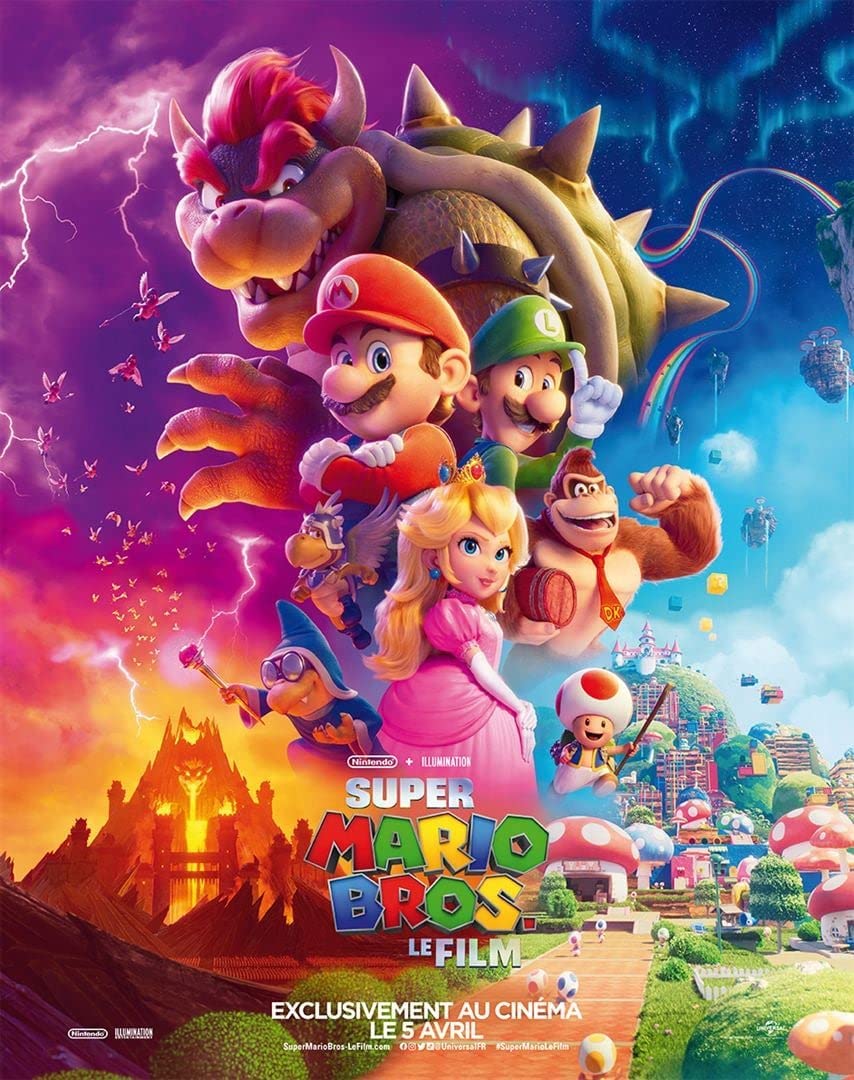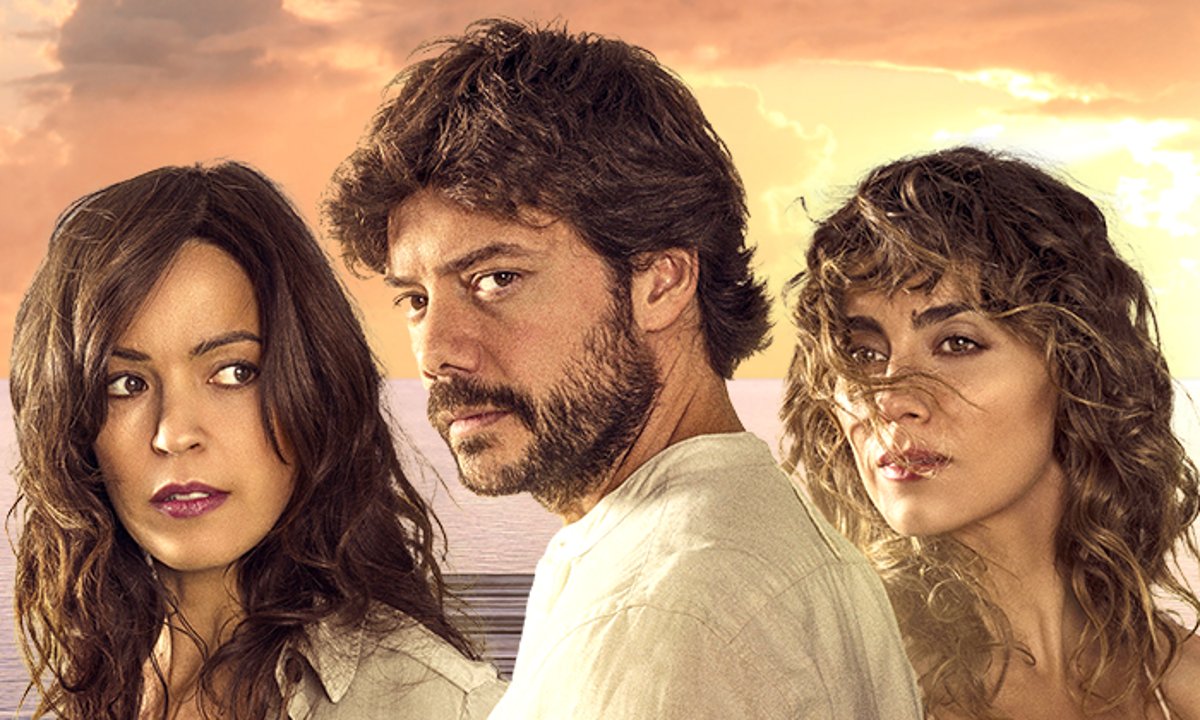Anthony and Maéva, our Justfocus editors each give us their point of view on the film
The film "Black " by the 2 Belgian directors Adil El Arbi and Bilall Fallah was released in Belgium in theaters since November 11, 2015. Despite the ban on under-16s and following the outbursts of violence from the spectators during the first screenings of the film, it was decided that Black would not be released in France.It is only available in e-cinema since June 24, 2016.

Maeva's opinion:
The idea of showing a hidden side of life, even within a European capital, is very interesting. Seeing the darkness and conditions in which a minority of people live is rather surprising. The film plunges us for 1h30 in an oppressive atmosphere, impregnated with ambient paranoia, we then discover a daily life really very far from ours. Between beatings, rapes, murders, insults, revenge, robberies, deals and hatred; Extreme violence is more than omnipresent from the first to the last second of the film. Although a little "too much", the world of gangs is quite well represented. Never mind the police, which is caricatured in the film as often outdated or useless, constantly late, ridiculed and even abused by young people.
Black also illustrates the position of women in a gang: we can see that the woman is relegated to the status of sexual object or fool, and sometimes even to that of "piece of meat".
The gang of 1080 of North African origin is specialized in snatching, not to disappoint the clichés. The Black Bronx gang excels in the drug trade. But whatever the gang is, it can be observed that it operates in a similar pattern with a leader and his subordinates all of the same ethnic origin, their days being lulled by drugs and alcohol. In addition, throughout the film, the 2 gangs work towards a common goal which is to prevent the longevity of the couple formed by Mavela and Marwan.
The love story of Mavela (played by Martha Canga Antonio) and Marwan (Aboubakr Bensaihi) seems sincere on screen and we can see a real complicity settle little by little between the characters.
This passion is central to the film because it brings these young people closer to the average spectator by humanizing them. Thanks to their love, they are not only perceived as violent young delinquents but the viewer perceives them as people and capable of real feelings to such an extent that they become endearing: Mavela, a very pretty intelligent and courageous girl, and Marwan a funny boy and sincerely in love.
The viewer enters the film a little more because he begins to hope that this romance becomes possible, he changes his perspective on these young people who, grown from their relationship, begin to think of a radical change of life.
But this side of Shakespearean tragedy worthy of "Romeo and Juliet", also victims of this fatality of forbidden love, is too marked. We play excessively on the string of pathos, the final scene being clearly worthy of a curtain fall of the most theatrical. Black himself was described by the press as a "brutal and modern Romeo and Juliet".

Black wants to send a very clear message about why they think a certain category of youth thinks they are finding refuge in a gang. For this, the social situation of the characters and their family follows a very precise pattern and takes up rather clichéd ideas : the young people who make up the gang come from immigration and feel excluded. All the young people also come from families with difficult financial situations and who are also victims of discrimination as can be seen with Mavela's mother who has a medical degree that is not recognized. In the film, the fact that their parents' generation is denigrated is presented as the main reason why young people seek to flee, this precarious model of life and try to have easy money. The vision of things that the film wants to convey is too simplistic for my taste because it could be summarized by: "unemployed young people + disadvantaged neighborhood = justified entry into a gang".
On the other hand, once entered a gang, the gear in which the members are embarked is well depicted. "You don't want to, or you can't leave the Black Bronx" pronounced by Marwan, illustrates how difficult it is to leave this environment even with a lot of willpower.
The policemen, who mainly deal with Mavela and Marwan, have a guardian angel side that becomes almost ridiculous and misplaced: each young person finds help thanks to a benevolent policeman, who is coincidentally of the same ethnic origin as him.
If we add to this the fact that during the entire film all the elements are linked in a millimetre timing so that the lovers find themselves in the worst possible situation, it is as if they had in addition the curse of "the wrong place at the wrong time".
Finally, the fact that each gang is composed of at most a dozen people, with a single weapon, gives a " burlesque epic" side during the confrontations, which discredits the film a little.

Anthony's opinion on Black:
To the question "what were you doing last night?" asked by a policewoman (who knows the answer very well anyway), the young Marwan answers "I was reading. I was reading Shakespeare." This umpteenth direct reference to the English master is useless and only over-signifies the relationship with Romeo and Juliet.
The musical West Side Story, then Baz Luhrman's film, had already exploited the story in a contemporary way, Black transposes it once again. Molenbeck, the infamous Belgian city, becomes the scene of a love at the heart of two rival gangs. But unlike its glorious elders, there is no passion, no magic, no epic character… just clumsy violence. Violence is actually the main protagonist of this narrative. This is not in itself a problem, many filmmakers have indeed been able to treat and question the subject (Cronenberg and his A History of violence in mind) with enough distance and intelligence combined.
But the two filmmakers here seem to use violence as a commercial appeal product to tell us this in every shot "look how violent it is! Look how wicked they are!" A leaden music, as if it were not enough, reinforces the point. Except that manhandling the viewer is not enough to make a film. In the end, this violence even seems pornographic. Especially since you are served with general fights, pit bulls and rapes as a bonus. The specifications are fulfilled. So certainly El Arbi and Fallah sprinkle their film with quite successful shots and sequences (Hollywood would also make advances to them) but beyond the technique there is a void, it also looks too much at its American models. Photography also plays the game of one-upmanship with a (too) serious treatment and (too) dark tones. Where the subject deserves to be nuanced (especially vis-à-vis the news), it is drowned in a flood of clichés, often bordering on the ridiculous, worthy of an issue of Enquête exclusive on W9. Too bad, because there was potential, young actors in the lead. Finally… when they do not recite laughable lines where Arab-Flemish jargon precedes long sentences with more sustained language and too perfect diction. And if Black, supposedly censored in French cinemas for its violent character, would have been shunned for its questionable cinematographic qualities… ?

Anthony Haillant & Maéva Joalland







































